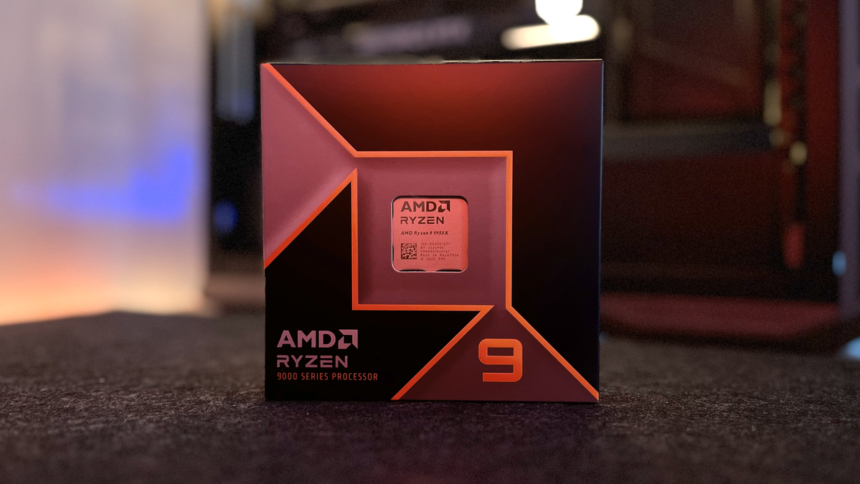When it comes to gaming PCs, cooling is typically considered essential for top performance. However, ASUS China recently challenged this norm and proved that even without active cooling, a high-performance setup can still deliver impressive results. Using an AMD Ryzen 9 9950X, ASUS managed to outperform a liquid-cooled setup by relying solely on passive cooling.
Tony Yu, the general manager of ASUS China, equipped the Ryzen 9 9950X with a Noctua NH-P1, a passive cooler featuring a large aluminum heatsink, a copper base, and heat pipes. Remarkably, this passive cooling solution kept the CPU at 95°C, which, while high, remains within AMD’s safe operational limit.
Despite running at its thermal ceiling, the Ryzen 9 9950X delivered an impressive 42,451 points in the Cinebench R23 multi-thread test. For comparison, a liquid-cooled setup with a Corsair H150i AIO (360mm) achieved 41,929 points, as reported by Tom’s Hardware.
This experiment showcases the potential of modern passive cooling technology and AMD’s robust CPU design, where even at high temperatures, performance remains consistent. While passive cooling might not suit every gaming setup, especially those with heavy GPU loads, it’s a compelling example of how silence and efficiency can coexist in high-performance systems.
What were the test settings?
What exactly did Tony Yu do differently? Unfortunately, ASUS has not shared details about whether any specific adjustments were made, such as enabling PBO (Precision Boost Overdrive) to push the CPU’s performance, which would likely increase voltage and, consequently, temperature. However, one key detail worth noting is that the CPU was installed in a case equipped with fans. This setup created a modest airflow that passed through the passive cooler’s structure, enhancing its ability to dissipate heat.
Running a CPU at its thermal limit—even one defined as safe by the manufacturer—is far from ideal. While it may perform adequately in the short term, prolonged operation at such high temperatures can significantly reduce the component’s lifespan compared to one maintained at cooler, more stable daily operating temperatures.
That said, the idea of a Ryzen 9 9950X with a passive cooler outperforming a liquid-cooled version is more of an intriguing experiment than practical advice for everyday PC gamers. It highlights the possibilities of passive cooling but is unlikely to replace traditional cooling methods in gaming setups anytime soon.





